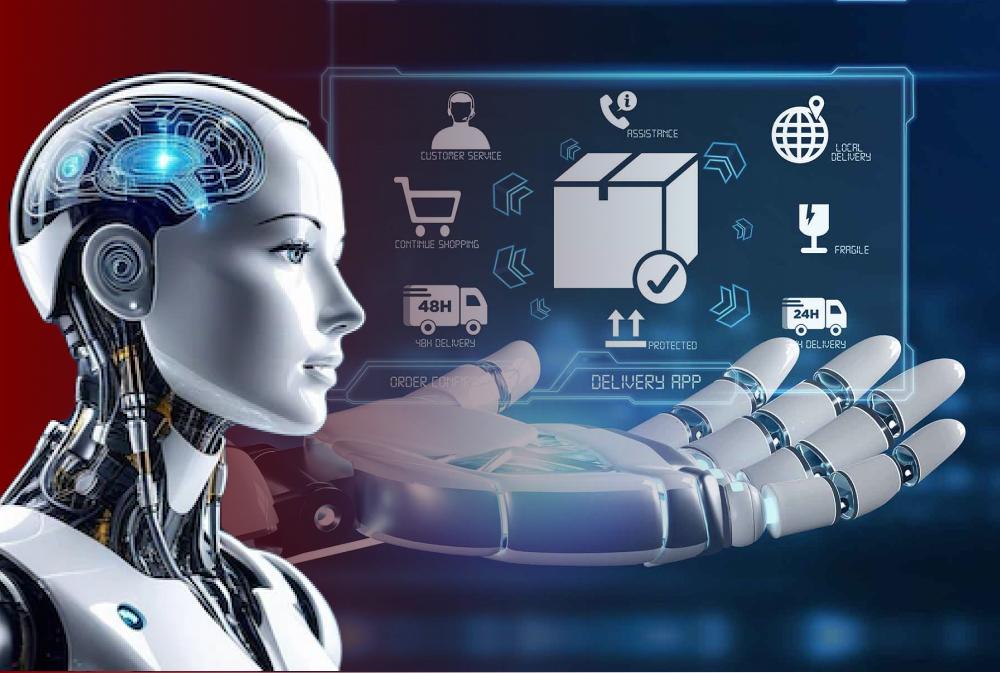Role of Higher Education in Building a Resilient Workforce for the Future?
Role of Higher Education in Building a Resilient Workforce for the Future?
In the midst of a technological revolution, where robots are no longer the product of science fiction but are playing an active role in transforming industries, global workplace is seeing a deepening transformation. Automation, artificial intelligence (AI) and other digital technologies are not merely replacing traditional jobs; they are redefining the very nature of employment. This transformation is not just about bringing efficiency; it is opening up possibilities for completely new roles that require a special combination of technical knowledge, out of the box thinking and flexibility. In the centre of this whirlwind of change, higher education institutions (HEIs) have come to the forefront as key initiators, guiding individuals through the turbulence of this new era and preparing them for a future that is brimming with challenges and opportunities.
A World in Flux: The Impact of Technology on Work
Breakneck velocity at which technology is evolving has triggered widespread discussion of its effects on jobs. While reports of job loss are in the headlines, the situation is far more complicated. Automation has certainly displaced many mundane and repetitive tasks - self-checkout machines in grocery stores and AI-powered customer service chatbots being the best examples - but it has also spawned entirely new industries and occupations. Occupations like data analysts, cybersecurity professionals and AI prompt engineers have emerged as vital components of the contemporary work force.
Historical parallels offer valuable insights. In the Industrial Revolution, machines took the place of men in most sectors, revolutionizing society. In the modern times, current technological development is also creating ripples but at an unprecedented scope and pace. An estimated 300 million full-time positions in the world can be automated within the next several decades, suggests recent research. However, this same transformation has also led to significant job creation in areas where high-level skills and analytical thinking are required.
Dual Nature of Technological Progress
Technological strides present opportunities as well as challenges. On one hand, they stimulate new employment and improve work conditions through automation of hazardous tasks. For example, robots perform risky operations such as moving heavy equipment or working with molten metal, decreasing workplace accidents. On the other hand, automation disproportionately influences regular jobs, resulting in substantial changes in workforce environment. Employees in these jobs are usually faced with the complex journey of retraining to secure employment.
Overall impact of technology on jobs is ultimately determined by the way societies adjust to these transformations. Nations with strong education systems and training programmes for the workforce are in a better position to counterbalance job displacement and utilize new opportunities. This is where higher education comes into the picture.
Higher Education: A Source of Hope in Turbulent Times
Institutions delivering higher education are best placed to meet the adversities of technological disruption. Through innovation, flexibility and continuous learning, HEIs can provide students with the necessary skills for a world where change is the only constant.
1. Building Future-Proof Skills
HEIs are increasingly incorporating future-ready skills into their courses. In addition to conventional subjects, universities are now teaching AI ethics, data science, renewable energy technologies and digital marketing. These courses not only impart technical skills but also focus on critical thinking and creativity - skills that are a must in handling complex issues.
2. Encouraging Lifelong Learning
Idea of education as a one-time event is an outdated concept now. HEIs are developing environments that facilitate lifelong learning through adaptable certifications, online courses and micro-credentialing programmes. These initiatives allow professionals to upskill or reskill throughout their careers, keeping them competitive in a fluctuating employment sector.
3. Connecting Academia and Industry
Collaboration between academia and industry is essential to align educational outcomes with market demands. Most HEIs have started partnering with enterprises in providing internships, co-op programmes, and industry-based workshops. These associations benefit students by offering them hands-on experience and keeping the curriculum in sync with emerging trends.
4. Emphasizing Interdisciplinary Learning
In a world that is more interconnected than ever before, answers to convoluted issues frequently involve cross-disciplinary knowledge. HEIs are adopting interdisciplinary thinking by merging fields such as technology and ethics or arts and science. For instance, ethical courses in AI not only educate students about how to build smart systems but also how to deal with their social consequences.
Obstacles Facing Higher Education System
While HEIs are critical to producing the workforce of the future, they are confronted with a number of challenges:
- Equity in Access: Not every student has equal access to sophisticated educational tools or high-tech programmes. Rural universities and low-funded schools tend to have difficulty providing opportunities as extensive as those offered at top colleges.
- Staying in Sync with Technology: Speedy development of technology renders it hard for HEIs to revise curriculum in a timely manner so that they remain up to date. Ongoing engagement with industry experts is imperative to fill this gap.
- Balancing Breadth and Depth: Interdisciplinary learning is valuable, but there is a danger of overextending students. Finding the appropriate balance between specialization and versatility is a continuing challenge for teachers.
Building Resilience Through Storytelling in Higher Education
Storytelling is an effective weapon in the contemporary academic sphere, enabling students to develop resilience. Through real-life anecdotes, teachers can relate abstract ideas better:
- Alumni Success Stories: Featuring graduates who struggled and succeeded encourages current students and provides role models.
- Industry Case Studies: Practical problems are analyzed to help students relate theory with practice.
- Peer-to-Peer Learning: Students learn from each other’s experiences, and builds a community of support while enhancing collective resilience.
Remaking Societies Through Education
After effects of higher education extend far beyond individual careers. In providing strong alumni with skills that are future ready, HEIs drive economic growth, social justice and sustainability:
- Economic Growth: Companies benefit from employees who can navigate disruptions without losing momentum.
- Social Equity: Education closes skill gaps between groups, creating more equitable societies.
- Environmental Sustainability: Graduates trained in sustainable practices to usher industries towards sustainable operations.
Conclusion
Inspite of uncertain work future, higher education holds the key to uncovering human potential. HEIs are building a robust workforce, by adapting to change, promoting lifelong learning and bridging academia and industry. In the face of evolving technology and global challenges, higher education will remain central to building careers, communities and society's future.
Blogs and Articles
- Jan 7, 2026
- Hospitality
France Strategic Push for Indian Talent: Study, Work, Visa Flexibility & Euro Access
- Discover France’s strategic push for Indian talent through enhanced post-study work opportunities, flexible visa policies, and seamless Eurozone access, creating a thriving pathway for global careers and innovation.


- Jan 6, 2026
- Technology

- Jan 6, 2026
- Arts and Humanities

- Jan 1, 2026
- Technology

